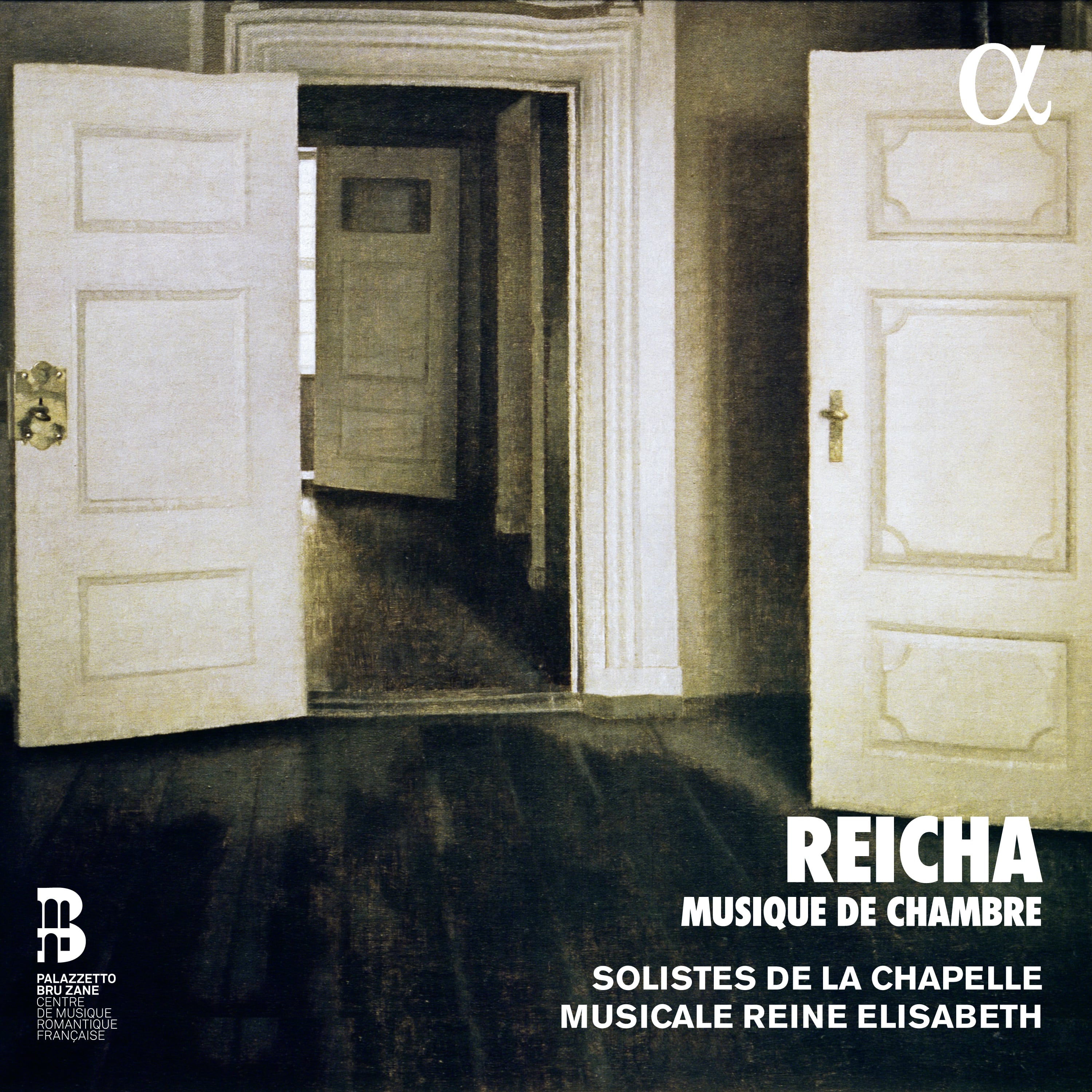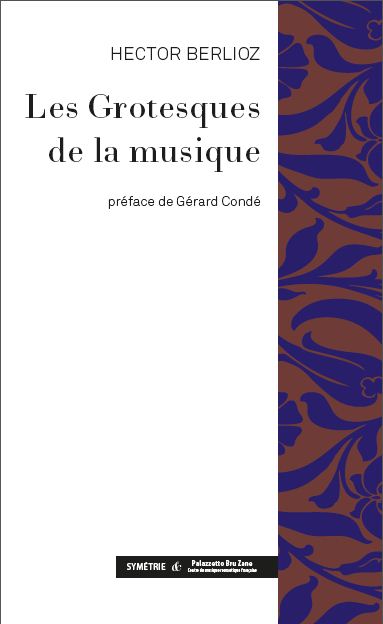Les Grotesques de la musique
“Of all the arts music is undoubtedly the one that gives rise to the strangest passions, the most absurd ambitions; I will even go so far as to say that it produces the most striking examples of insanity. […] I will not mention those men of letters who write, whether in verse or in prose, on the theory of music without the most elementary knowledge of it and using words of which they do not understand the meaning; who speak in the most enthusiastic terms of old masters without having heard a note of their music; nor of those who indiscriminately admire two pieces signed by the same name, one of which is beautiful, the other grotesque; nor of those who say and write such amazingly stupid things that no musician can hear them without laughing. […] It is evident that those who claim the right to ramble on about music without understanding it, yet would never dream of giving their opinion on architecture, statuary or any other art about which they know nothing, are in much the same position as lunatics.”
Berlioz, Les Grotesques de la musique (“Curiosities of music”), Paris, 1859
Many people see Berlioz as the personification of French Romanticism in music. His Symphonie fantastique (1830), first performed a few months after the “Battle of Hernani” and the July Revolution that inspired Delacroix's Liberty leading the people, is a “manifesto of Romanticism” as envisioned by Berlioz: the form, stemming from the “idea”, freed itself from pre-established structures; the orchestration, unprecedented in its originality, reflects the “vague des passions” (vagueness, uncertainty of sentiment and passion) and stimulates the visual imagination of the listener. The composer encountered many obstacles in his bold endeavour, and they in turn provided nourishment for the invention of new means of expression. After the failure of Benvenuto Cellini (1838), Berlioz developed the unusual dramatic forms of Roméo et Juliette and La Damnation de Faust. In order to defend his music and that of the composers he admired, he wrote criticism that revealed a remarkable literary talent, and he took up the baton, becoming one of the greatest conductors of his time. The virulence with which he denounced academicism, however, should not make us forget the solid training he received with Reicha (counterpoint) and Le Sueur (composition) at the Paris Conservatoire. Berlioz was a candidate for the Prix de Rome five times (finally meeting with success in 1830), which was indispensable for his works to be played at the Académie Royale de Musique (the Paris Opéra). Fascinated by Beethoven and Weber, Shakespeare and Goethe, he also revered Gluck and the eighteenth-century opéra-comique, and took inspiration from Virgil for Les Troyens. For with Berlioz, the heat of the passions was always combined with the discipline of reason.
Bru Zane
Classical Radio



 Torna indietro
Torna indietro  newsletter
newsletter webradio
webradio replay
replay